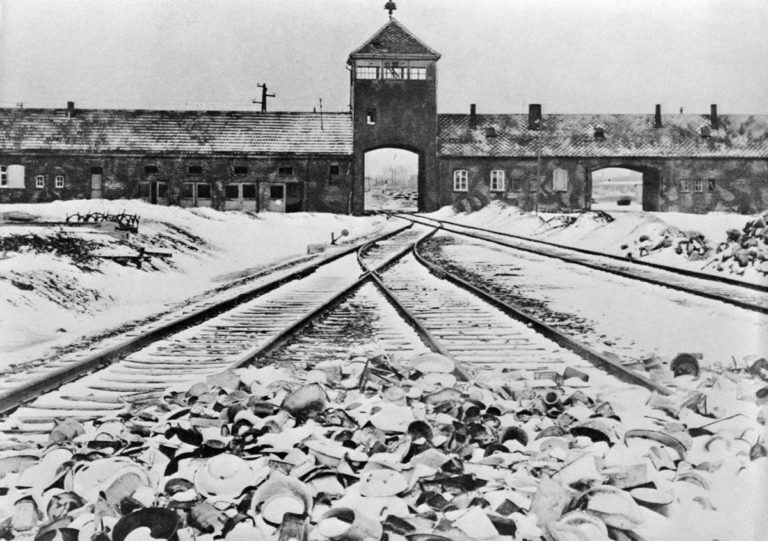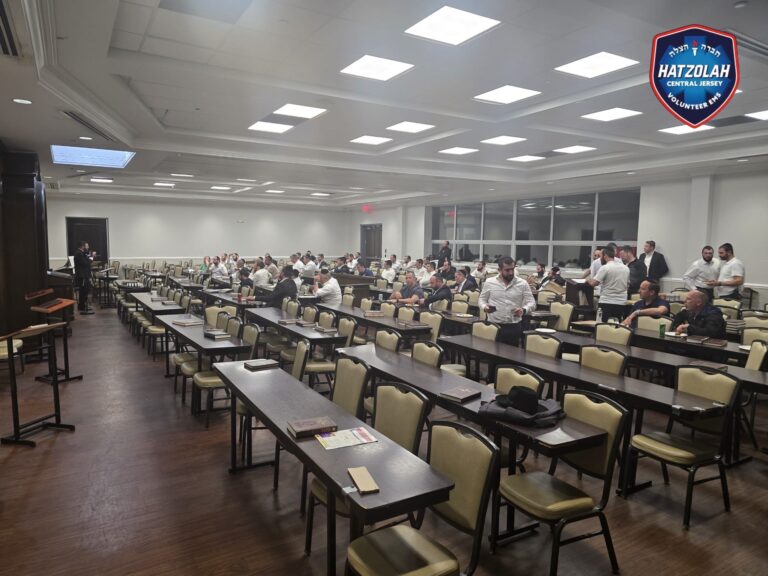 Iran responded to a 2010 cyber attack on its nuclear facilities by beefing up its own cyber capabilities, and will be a “force to be reckoned with” in the future, a senior U.S. Air Force official told reporters on Thursday.
Iran responded to a 2010 cyber attack on its nuclear facilities by beefing up its own cyber capabilities, and will be a “force to be reckoned with” in the future, a senior U.S. Air Force official told reporters on Thursday.
General William Shelton, who heads Air Force Space Command and oversees the Air Force’s cyber operations, declined to comment about Iran’s ability to disrupt U.S. government computer networks, but said Tehran had clearly increased its efforts in that arena after the 2010 incident.
While no government has taken responsibility for the Stuxnet computer virus that destroyed centrifuges at Iran’s Natanz uranium enrichment facility, it was widely reported to have been a U.S.-Israeli project.
Western analysts say Iran has launched increasingly sophisticated cyber attacks in a growing confrontation with its adversaries, including the United States, Israel and Gulf Arabs, at a time of rising pressure on Tehran to curb its nuclear program.
Iran denies Western accusations it is seeking to develop a nuclear weapons capability, and says its program is aimed only at power generation and medical research.
This week, a senior Iranian commander was quoted as saying that the Islamic Republic could disrupt enemy communication systems as part of its growing “electronic warfare” capabilities.
Iranian officials have denied hacking into U.S. banks in recent months, but have devoted resources to building up their cyber defense capabilities after suffering a string of cyber attacks in the past year targeting industrial sites, an oil export terminal and oil platforms.
“The Iranian situation is difficult to talk about,” Shelton told reporters. “It’s clear that the Natanz situation generated reaction by them. They are going to be a force to be reckoned with, with the potential capabilities that they will develop over the years and the potential threat that will represent to the United States.”
Shelton said the Air Force expected orders in coming months to expand its cyber workforce of about 6,000 by 1,000 people. He said he was pressing Air Force leaders to boost funding for cyber operations, but added there were competing demands and the budget outlook remained uncertain.
(Reuters)










